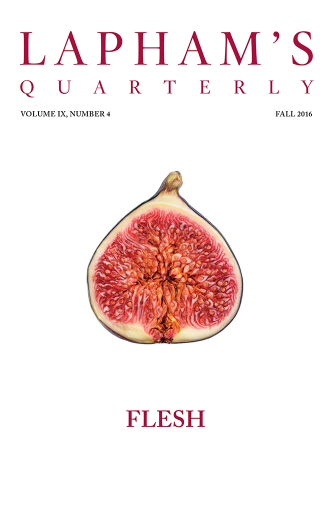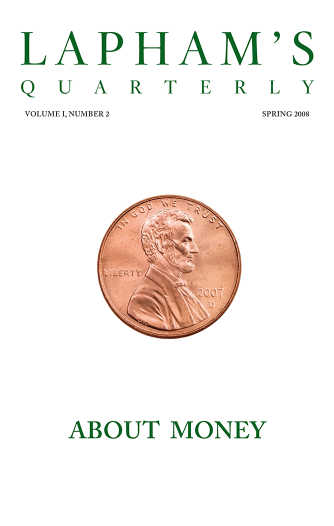Elias Canetti
(1905 - 1994)
A Sephardic Jew born in Bulgaria, Elias Canetti was inspired to write Crowds and Power after being caught in a battle between workers and police on a Viennese street in 1927. In 1935 he published his only novel, Auto-da-Fé, about a reclusive scholar. “The picture that he had of his body was scanty,” writes Canetti, but “had he acted according to his present thirst for knowledge, he would have undressed stark naked and reviewed his body in detail, inspecting and encouraging it bone by bone.” Canetti won the Nobel Prize in Literature in 1981.


